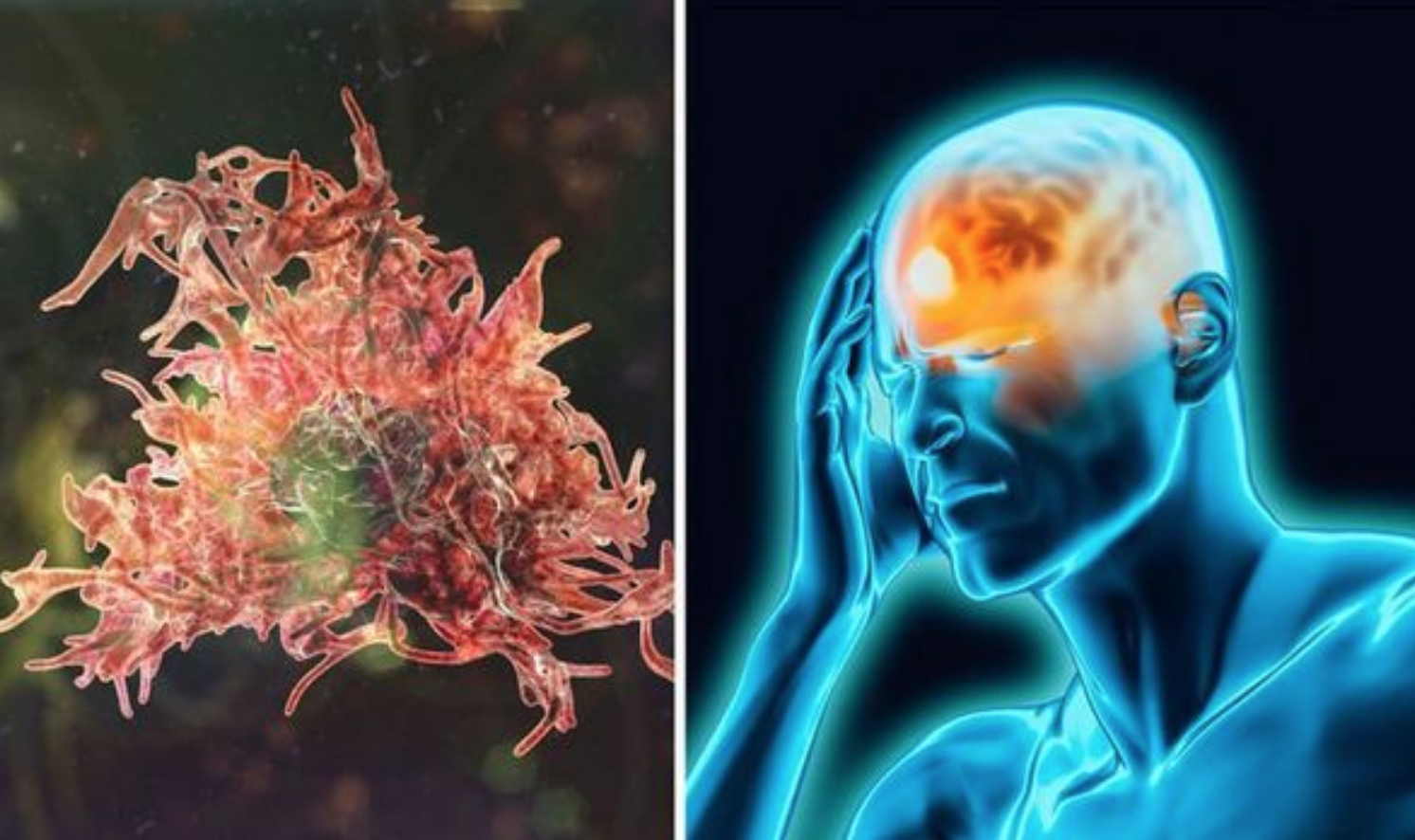Health
CDC Study: Brain-Eating Amoeba Is Spreading in United States
According to a new study by the CDC, Naegleria fowleri, or the “brain-eating amoeba,” is spreading into the U.S.

According to a new study by researchers from the Centers for Disease Control and Prevention (CDC), Naegleria fowleri, or the “brain-eating amoeba,” is spreading into the U.S. and scientists blame climate change.
Where as the actual number of yearly cases isn’t increasing the cases are occurring in a larger range of the U.S. than before. The the CDC study published in the journal Emerging Infectious Diseases this week, examined CDC data from 1978 to 2018, finding that new cases moved northwards at about 8.2 miles per year.
Since the amoeba prefers warm waters, up to what Live Science reports to be a hot-tub-like 113 degrees Fahrenheit, an upward shift in global temperatures caused by climate change is giving N. fowleri new opportunities to expand north over the last 40 years, according to the CDC study.
“It is possible that rising temperatures and consequent increases in recreational water use, such as swimming and water sports, could contribute to the changing epidemiology of PAM,” the paper reads.
Naegleria fowleri is a free-living amoeba that causes primary amebic meningoencephalitis (PAM), a disease of the central nervous system. Naegleria fowleri infections are extremely rare in the U.S. but the contagion is almost always fatal. In the United States, there have only been 145 PAM infections from 1962 through 2018 with only four survivors according to the CDC. If humans accidentally drink the microbe, it’s harmless. But if it makes its way inside the nose it’s usually lethal.
Naegleria fowleri occurs naturally in freshwater, the soil, warm lakes, rivers, and hot springs. It usually infects people when contaminated water enters the body through the nose and then travels to the brain.
The Centers for Disease Control and Prevention (CDC) says infection typically happens when somebody go swimming or diving in “warm freshwater places”.
The CDC says people cannot get infected by swallowing contaminated water, and it cannot be passed from person to person.
Those infected with Naegleria fowleri have flu-like symptoms including fever, nausea, and vomiting. Besides the normal symptoms showing someone is sick Naegleria fowleri comes with a stiff neck and headaches. Most people infected do not recover and usually die within just a week after the amoeba is within their brain.
Since the amoeba prefers warm waters, up to what Live Science reports to be a hot-tub-like 113 degrees Fahrenheit, an upward shift in global temperatures caused by climate change is giving N. fowleri new opportunities to expand north over the last 40 years, according to the CDC study published in the journal Emerging Infectious Diseases this week.
Earlier this year, eight Texas cities warned their residents about the tap water system after the deadly brain-eating amoeba was found in the public water supply. A Do Not Use Water Advisory was issued for the residents as well with at least one death of a little boy which sparked the investigation.
Additionally this year there was also an infection of Naegleria fowleri that was confirmed in the U.S. state of Florida. At the time, health officials there urged locals to avoid nasal contact with water from taps and other sources. Two children in Minnesota died from N. fowleri in 2010 and 2012 — both cases “550 miles north of the previously reported northernmost case in the Americas.”
The amoeba was found to be thriving in U.S. rivers and lakes more and more, earlier this year. Insider reports that cases may increase as climate change warms waters. Experts estimate that between 3 and 8 Americans die from N. fowleri annually.
Furthermore, there have only been 34 infections reported in the U.S. in the last ten years, according to CDC data.
Typos, corrections and/or news tips? Email us at Contact@TheMindUnleashed.com
